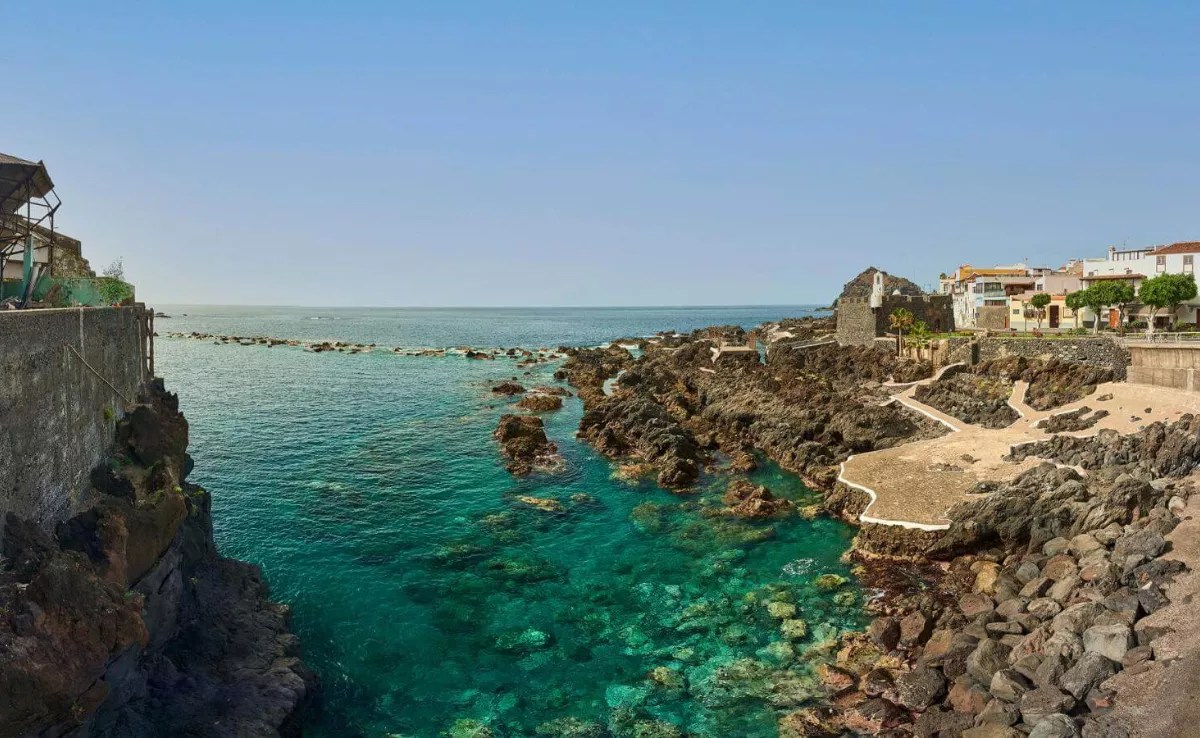The Cabildo de Tenerife has started the distribution of 80 compost bins between the schools and families who have orchards and collaborate in the programs + Sustainable Classrooms and People + Sustainablepromoted by the insular institution.
This initiative is part of the awareness actions promoted by the area of Sustainable Development and Fight against Climate Change, with the aim of raising awareness about the adoption of new habits and lifestyles that promote a development model based on the reduction, reuse and recycling of waste.
The island councilor for the area, Javier Rodríguez Medina, highlighted in a statement that this project contributes to strengthening the concept of circular economy, emphasizing the importance of taking advantage of the organic fraction of waste, which constitutes approximately half of the waste generated daily. , to generate a valuable resource such as natural fertilizer for orchards and gardens.
He adds that the distribution of these compost bins is part of a broader program of actions whose objective is to spread a new lifestyle among the population, more conscious, efficient and sustainable. Within this framework, there is also the People + Sustainable Program of the Cabildo, which is present in nine municipalities on the island.
The objective, according to the counselor, “is to ensure that more and more people on our island discover that it is possible to make small changes in our daily lives that contribute to establishing a more sustainable development model, without having to give up well-being. At the same time, we are educating the new generations”.
The counselor also mentions the Aulas + Sostenibles program, through which the Cabildo sensitizes thousands of boys and girls in Primary and Secondary school each year about the importance of adopting a lifestyle that is respectful of the environment.
In addition to the compost bins, complementary materials will be delivered, including the informative manual “How can you do home composting?”, which provides the keys to understanding the composting process, what should and should not be placed in it , guidelines for monitoring, controlling problems, and the uses and applications of the final product obtained.
In line with this initiative, the Cabildo de Tenerife and the University of La Laguna have launched the so-called Circular Communities, a pilot project that began in four northern municipalities and is expanding to other areas of the island with the aim of implementing Initial demonstrative examples of integrated management of bio-waste (organic fraction) through community composting and vermicomposting.















